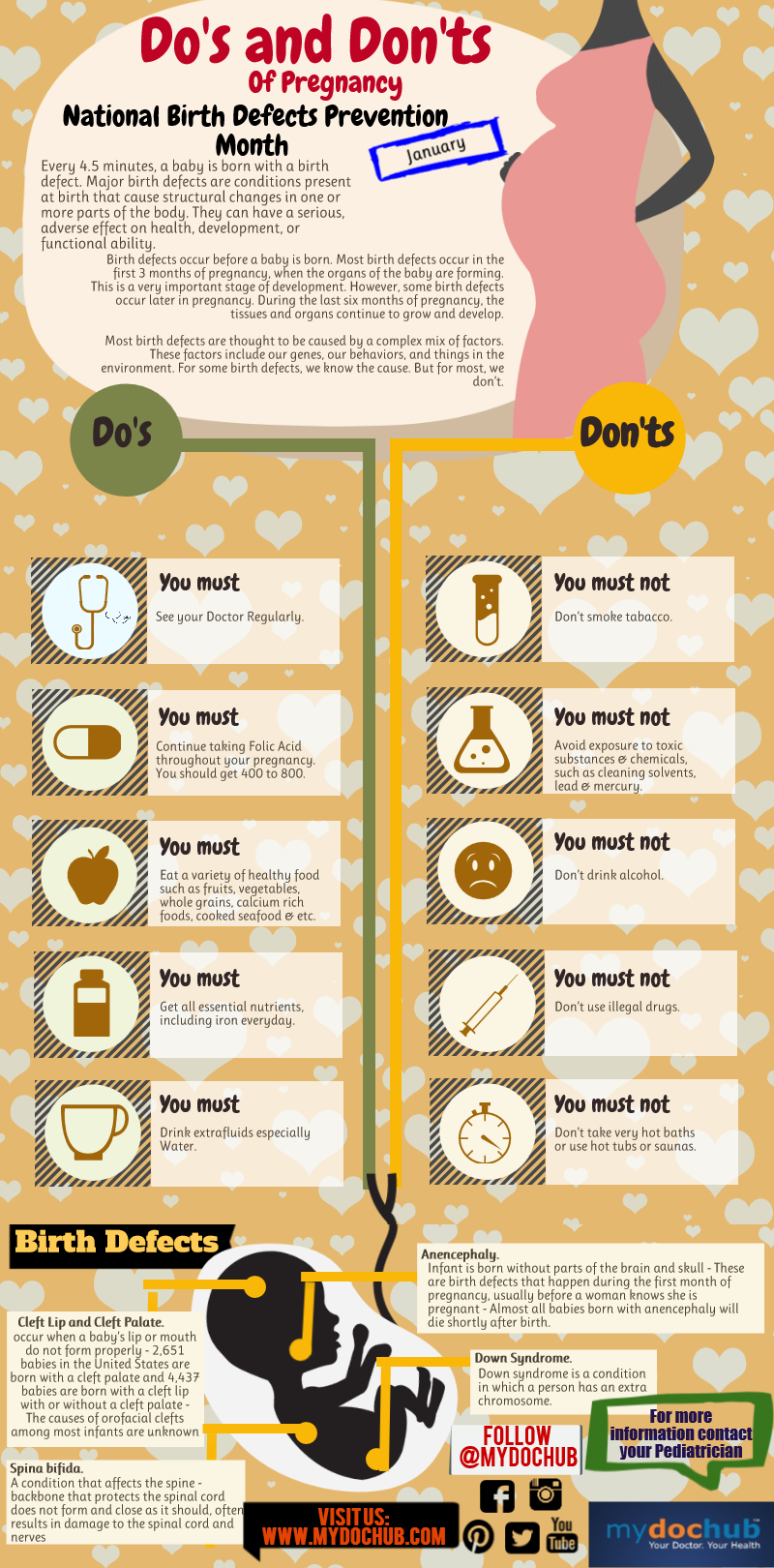Spina bifida is a disorder that is defined as congenital and occurs when the baby is still only a fetus. This condition happens in the first month of pregnancy and is caused by the neural tube not being completely shut. This is a type of birth defect that is also referred to as split spine. This happens when the baby is still in the womb and there is a gap that forms between the spinal cord and the tissue around it. The actual cause of spina bifida is still not completely known and it is simply referred to as and genetic or environmental effect.
What Is The Life Expectancy Of Spina Bifida In Children?
The overall lifestyle of children with spina bifida is changed, which can have an impact on life expectancy. Most children with this condition are at risk for obesity and insulin resistance, because they can’t be as active with their spinal condition. There are very few physical activities that are effective or manageable for children with this condition. However, many children with spina bifida do life into adulthood. However, children with this condition can have a shorter life expectancy if they contract a respiratory infection.
What Is The Life Expectancy Of Spina Bifida In Adults?
Many children do live with this condition into their adulthood. However, many individuals with spina bifida that live into early adulthood are more prone to be obese and have diet habits and physical activity levels that put them at risk for other conditions. Diet and exercise are the most effective ways to increase the life expectancy of adults with spina bifida.
Movement Does Help
Individuals with spina bifida have difficulty participating in most forms of physical activity, but movement is linked to longer life expectancy. It is always suggested that individuals with spina bifida get about 30 minutes of slow moving physical activity each day. Light walking, lifting small weights and swimming are great forms of physical activity that individuals with spina bifida can participate in. Physical activity is important and is the most effective way to manage your condition and live longer.
Statistics For Life Expectancy
The actual spina bifida life expectancy statistics suggest that 75% of children with this condition survive till early adulthood. Those that live into early adulthood often live for decades longer. Almost 90% of individuals with this condition live to 30 years old.
